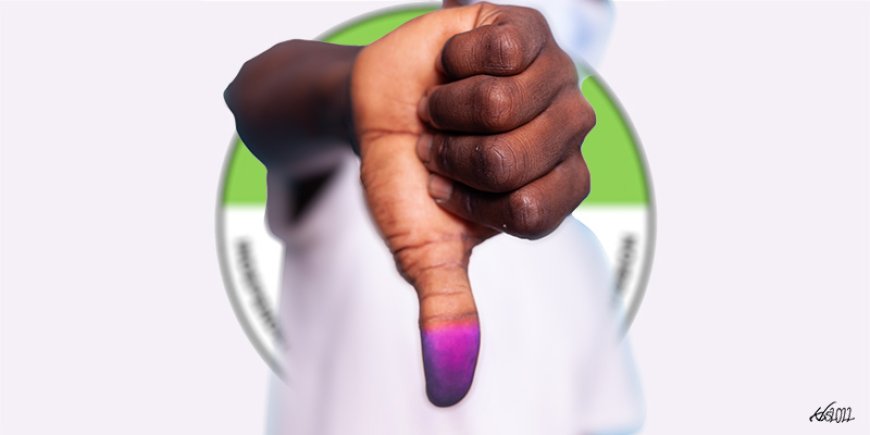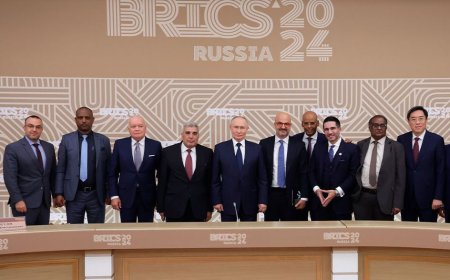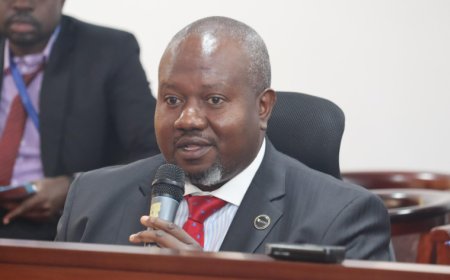Mobile Polling Stations Spark Controversy Amid Reform Bill
Kenya's new electoral legislation has sparked controversy with its provision for mobile polling stations using vehicles or vessels, raising serious concerns about election transparency. Critics worry this could open avenues for manipulation, potentially impacting the integrity of future elections.

Concerns have been mounting among Kenyan citizens following the emergence of a controversial clause within the newly amended electoral legislation. The provision in question, embedded within the IEBC (Amendment) Bill of 2024, has ignited a wave of skepticism over its implications for electoral integrity. Specifically, the clause grants the Independent Electoral and Boundaries Commission (IEBC) unprecedented authority to designate vehicles or vessels as polling stations across electoral constituencies.
This revelation has triggered widespread apprehension regarding the transparency and fairness of future elections, with critics highlighting uncertainties about the practicality and reliability of mobile polling stations. The ambiguity extends to whether these designated vehicles or vessels will remain stationary in their assigned locations for the requisite three months preceding election dates.
The controversy intensified against the backdrop of President William Ruto's recent endorsement of the IEBC (Amendment) Bill. Critics, including prominent figures like Jubilee party Secretary-General Jeremiah Kioni, have vocally opposed the clause, labeling it as potentially exploitable for electoral malpractice. Kioni expressed concerns that such a provision could be manipulated to manipulate the outcome of the 2027 elections, casting doubts on the government's intentions behind its inclusion.
Nairobi Senator Edwin Sifuna sought to clarify the speculation surrounding the bill, confirming that the contentious clause indeed forms part of the Elections (Amendment) Bill, 2024. This legislative package, distinct from the IEBC (Amendment) Bill, encompasses broader reforms aimed at enhancing the electoral process, albeit amidst contentious clauses like 38A.
Clause 38A specifically empowers the IEBC to designate vehicles or vessels as official polling stations, mandating their gazettement through electronic and print media well in advance of any election. This provision prohibits elections from occurring at locations not formally gazetted as polling stations, thereby centralizing voting activities around these designated mobile units.
The Elections (Amendment) Bill, 2024, introduced by Senate Majority Leader Aaron Cheruiyot and Minority counterpart Stewart Madzayo, is currently undergoing public participation. This phase allows Kenyan citizens to submit feedback and recommendations, which will be crucial in shaping the bill's final form before it returns to the Senate for further deliberation and voting.
The ongoing debate underscores the critical juncture in Kenya's electoral reform efforts, as stakeholders navigate the balance between innovation in voting logistics and safeguarding the credibility of democratic processes. As the legislative process unfolds, the fate of clause 38A hangs in the balance, reflecting broader concerns over electoral transparency and accountability in the years ahead.
What's Your Reaction?



























































